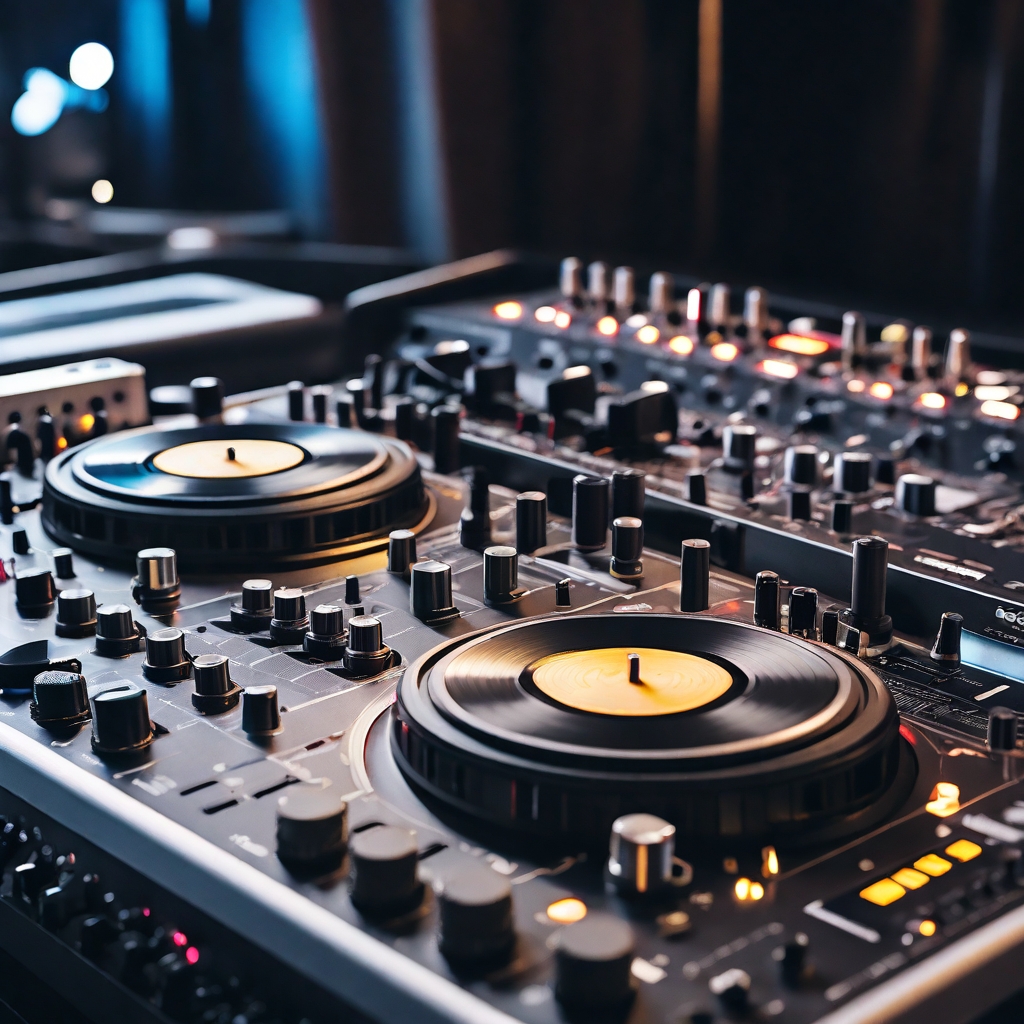In those days, I used everything from my father’s stereo to Genius PC speakers, old scraps, Sennheiser HD 25 headphones, various studio monitors, and even laptop speakers. Fast-forward to today where my current setup is a pair of Adam Audio S2V monitors run through a Universal Audio sound card, I can enjoy a super crisp sound that plays with laser point accuracy.
Firstly, making music on any speakers, studio monitors, or headphones doesn’t really matter as long as you can sacrifice time to train your ears using great-sounding, high-quality tracks for reference. I can’t stress this enough: training your ears is crucial!
When I started the Skypatrol project, I was actually on my 13″ MacBook Pro plugged into Sennheiser HD-25 DJ headphones because back then, I couldn’t really afford anything else. Today, whenever I listen to my earlier tracks, I’m shocked at how I achieved such a lush and leveled sound given the equipment and technology I was using. How did I achieve this? Well, I listened and compared everything to… yes, you guessed it: “great-sounding, high-quality tracks”.
Anyways, getting back to the subject of studio monitors. In 2006, when I decided to focus solely on producing Trance music (since I loved this style the most) I purchased my first Adam Audio A2 speakers. I would say this was one of the best investments I ever made. The moment I plugged in the speakers, it felt almost like a miracle. It was as if I was blind my whole life and was suddenly able to see!










